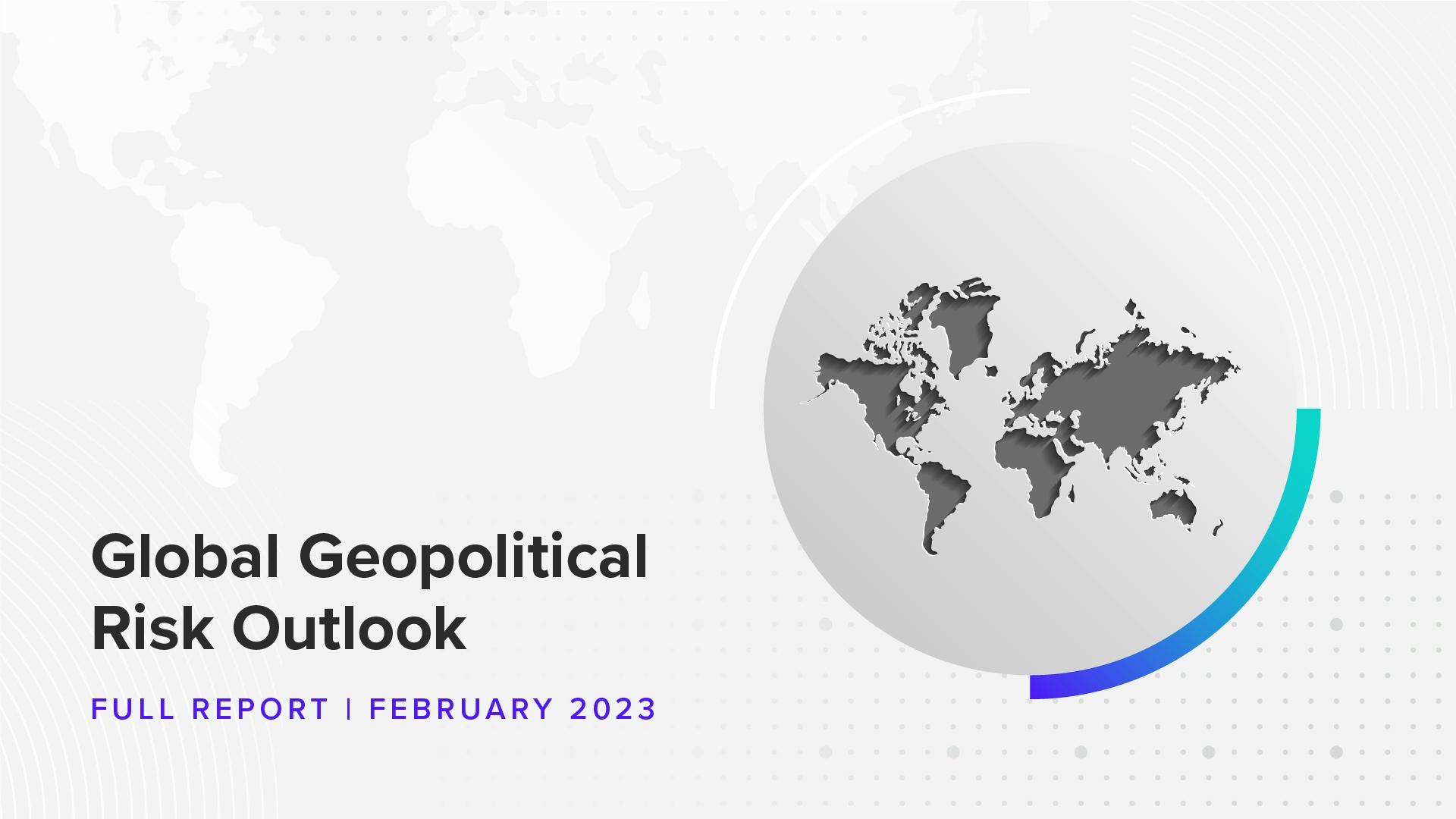
Global Politics
The State of U.S.-China Relations: H1 2022 Report
Report summary
For more recent data and analysis, see The State of U.S.-China Relations H2 2022 Report.
Four years into a trade war and amid persistent security tensions in the Asia-Pacific region, the current state of U.S.-China relations poses both risks and opportunities for U.S. and Chinese multinationals. While the outlook for improved bilateral relations is grim, there are still opportunities to do business in each other’s markets.
Key Takeaways
- U.S. and Chinese adults want improved bilateral relations. Adults on both sides of the Pacific forecast that bilateral tensions will escalate for the foreseeable future. But strong public interest in improving U.S.-China relations will help guard against the worst excesses of bilateral competition: a cold war characterized by a return to economic autarky, or a hot one marked by direct military conflict.
- Political developments in late 2022 will provide a nearterm opening for tariff relief, and companies should seize it. A majority of U.S. adults and a plurality of Chinese adults believe bilateral tariffs have contributed to rising prices, and sizable shares continue to buy fewer goods as a result. Amid historically elevated U.S. inflation and a wavering Chinese economy, Presidents Biden and Xi will face heightened political incentives to respond to these dynamics by scaling back tariffs ahead of the U.S. midterm elections and the Chinese Communist Party’s 20th National Congress, both in late 2022.
- Consumer appetite for “made in” goods is strong, but price hesitancy will limit market opportunities. Majorities of U.S. and Chinese consumers say they intentionally purchase “made in” goods sold in their respective countries at least some of the time and are willing to pay a premium for them. But among those willing to pay a premium, only around one-quarter say they would pay more than 10% extra.
- U.S. multinationals stand to gain more from reshoring stateside than their Chinese counterparts, while reshoring to China makes less sense for both. Higher shares of U.S. adults are willing to pay more for reshored goods produced by American multinationals than Chinese ones, and most U.S. consumers are unwilling to pay more for reshored goods produced by Chinese companies. In China, the share of consumers willing to pay more for reshored goods is smaller on average, and Chinese consumers exhibit similar price hesitancy.
- American multinationals’ responses to political pressures involving China go largely unnoticed by U.S. consumers. U.S. multinationals facing reputational risks stemming from their business operations in China can rest easy for the moment: U.S. consumers aren’t paying much attention and don’t especially care how companies respond.
Methodology
Sampling and Data Collection
This report relies on data collected through Morning Consult’s proprietary survey research capabilities. Interviews are conducted online.
The data reported on Slides 39-40 is from a monthly survey conducted March 4-6, 2022, among are presentative sample of 2,211 U.S. adults, with an unweighted margin of error of plus or minus 2percentage points.
All other data is from monthly surveys conducted March 3-5, 2022, in the United States and March 3-7, 2022, in China, among representative samples of 1,000 adults in each country, with an unweighted margin of error of plus or minus 3 percentage points.
Weighting and Representativeness
Data are weighted to approximate representative samples of U.S. and Chinese adults. The U.S. data is weighted based on age, gender, educational attainment, race and region. The China data is weighted based on age, gender, educational attainment and region.
The target populations are the adult (18+) population of the United States and the internet-using population of China.
About the author
Jason I. McMann leads geopolitical risk analysis at Morning Consult. He leverages the company’s high-frequency survey data to advise clients on how to integrate geopolitical risk into their decision-making. Jason previously served as head of analytics at GeoQuant (now part of Fitch Solutions). He holds a Ph.D. from Princeton University’s Politics Department. Follow him on Twitter @jimcmann. Interested in connecting with Jason to discuss his analysis or for a media engagement or speaking opportunity? Email [email protected].



